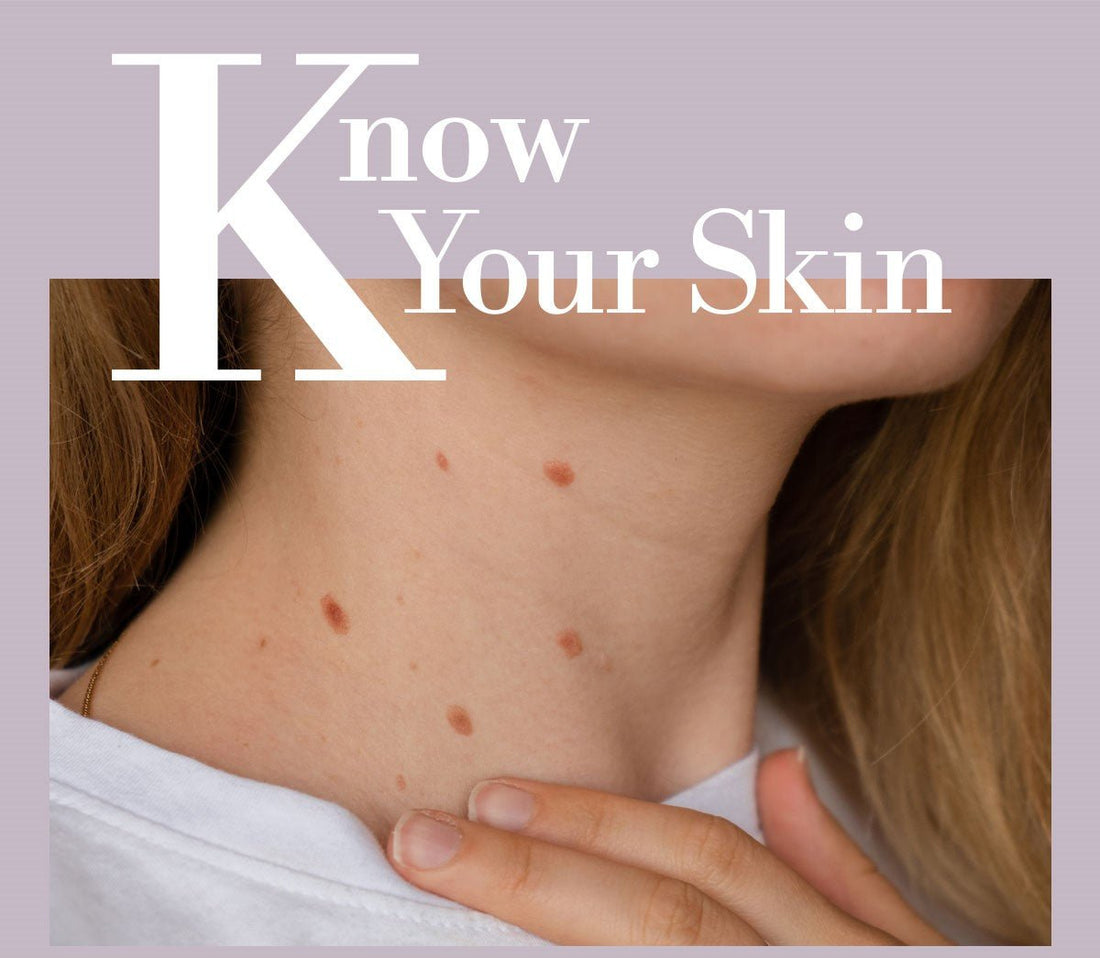February is Cancer Prevention Month which is a great reminder to take stock of our health and reflect on the everyday choices we make that affect our skin and overall well-being. Skin cancer is the most common type of cancer, yet it is also one of the most preventable. With the right knowledge, tools, and habits, you can take proactive steps to protect your skin and safeguard your health.
The Power of Prevention
Every day, your skin is exposed to ultraviolet (UV) rays, and that exposure cumulates over time, increasing your risk factor for skin cancer, and premature aging. While you can't avoid sunlight altogether, nor would you want to, it is important to be sun smart and to protect your skin from harmful overexposure.
The cornerstone of prevention lies in sunscreen. Many of my patients often ask me, "What's the best sunscreen?" My answer is always the one you'll use consistently! I've created several mineral sunscreens to help take the guesswork out of finding the perfect sunscreen. With broad-spectrum SPF protection, they are lightweight, non-greasy, and formulated with antioxidants to enhance protection while nourishing your skin. They work beautifully under makeup and is suitable for all skin types, including sensitive skin.
Know Your Skin
Another critical step in skin cancer prevention is knowing your skin and ABCDE. Performing regular self-examinations can help you spot changes early. Look for moles or spots that are:
D: larger than the diameter of a pencil eraser
E: Evolve in size, shape or texture over time
If you notice anything unusual, don't wait. Schedule a visit with your dermatologist. Early detection is key to successful treatment.
Advanced Treatments for Skin Health
Prevention is important, but addressing sun damage and improving your skin's health is equally crucial. For patients who already have signs of sun damage, such as discoloration, fine lines, or rough texture, we offer advanced treatments at my practice, including laser resurfacing and Intense Pulsed Light (IPL) therapy to help reduce the appearance of sunspots, redness, blotchiness, and improve the overall tone and texture of your skin, giving you a fresh, rejuvenated look. They can also lower your risk of skin cancer over time.
Another transformative option is microneedling with radiofrequency, which stimulates collagen production and helps repair damage caused by UV exposure.
For those looking to enhance their skin's health from the inside out, consider bioregenerative treatments like Sofwave, Radiesse, Ariessense and Sculptra, which deeply hydrate and improve skin quality over time.
Lifestyle Habits for Skin Health
Beyond sunscreen and regular checkups, there are several lifestyle changes you can make to reduce your skin cancer risk. Avoid tanning beds entirely—the concentrated UV exposure dramatically increases your risk of melanoma. When outdoors, wear sun-protective clothing, wide-brimmed hats, and sunglasses. Seeking shade, especially during peak sun hours from 10 a.m. to 4 p.m., can also make a significant difference.
Diet plays a surprising role in skin health as well. Antioxidant-rich foods like berries, leafy greens, and nuts help combat free radical damage caused by UV exposure. Additionally, consider incorporating high-quality supplements designed to support skin health and repair.




![[The Science ] of Longevity: A Skin Focused Approach](http://dorisdaymd.com/cdn/shop/articles/Longevity3-9658695.jpg?v=1765451344)
![[Q&A Session] How Can I Regain Lost Collagen?](http://dorisdaymd.com/cdn/shop/articles/blog_collagen-129369-9354398_e967da1d-cb0e-4086-8c0d-714e0114968f-6680265.jpg?v=1763048229)
